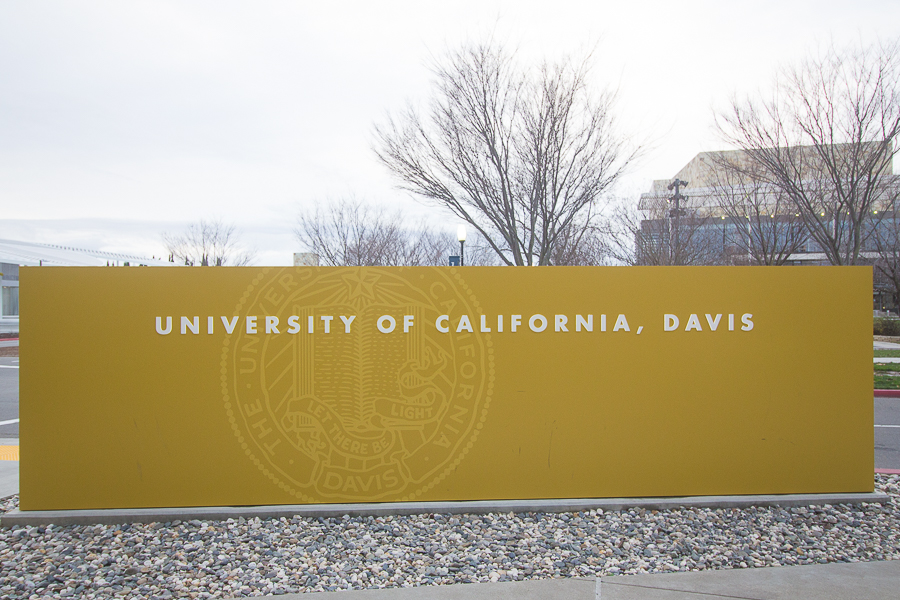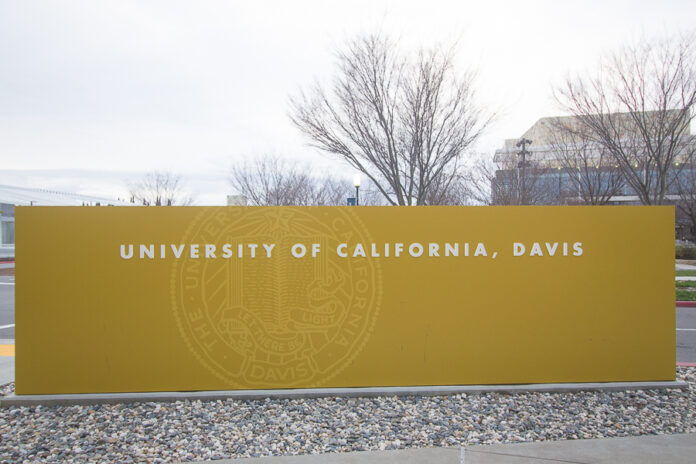
 The importance of supporting less-developed college towns
The importance of supporting less-developed college towns
UC Davis significantly increased the number of students enrolled this year, jumping from an incoming freshman population of 6,741 in 2015 to 9,500 this fall. The influx of students follows the recent plan by UC President Janet Napolitano to expand undergraduate enrollment across UC campuses by 10,000 within the next three years. Although UC Davis is fulfilling its commitment to Napolitano’s policy by welcoming more students onto the campus, the university is nonetheless weakening the quality of its education and needlessly sapping students away from other developing colleges in the process.
Many UC Davis students — especially those taking mandatory STEM courses — currently find signing up for classes to be a challenge, and some are unable to complete the units necessary for their degree within the traditional four-year timeframe. Now, with hundreds of additional students vying for spots in lecture, Aggies will likely confront an even loftier obstacle in merely registering for core classes. This could postpone graduation for many students by several quarters, unnecessarily costing them thousands of extra dollars in tuition.
Also worrisome is the shortage of off-campus housing, especially since the Davis community has consistently voted down legislation guaranteeing the construction of affordable residencies. A mere 0.2 percent of unit-leased apartments were vacant in 2016, according to a survey by UC Davis Student Housing — yet Davis fails to respond. Unless the city builds more housing complexes, even more students will be forced to commute from other towns simply to attend a university that fails to promise them local, affordable housing.
As a town with an already strong and established economy, Davis simply doesn’t need the extra economic boost that new college students generate. Many other cities in California, on the other hand, could greatly benefit from an inflow of undergraduates — who, along with visitors linked to colleges, naturally buy a multitude of goods and services and contribute millions of dollars to their city. In Davis alone, students, visitors and faculty associated with the university helped create a $429 million boom for various industries between 2013 and 2014, according to the 2016 UC Davis Economic Impact Analysis. We should strive to reign in cities with increasingly high concentrations of college students and graduates, while also seeking to revitalize less-developed college cities with an inpouring of well-educated individuals.
And besides the immediate economic growth attributed to hosting more students, college towns also benefit in the long run as a result of multiplier effects. According to research conducted by Brookings in 2015, approximately 42 percent of four-year college attendees stay in the same area after they earn their degrees. Combined with evidence that individuals with higher levels of education tend to earn higher incomes, cities with large populations of young graduates are likely to experience an overall economic boom over the years. An influx of bright, inventive individuals will undoubtedly spawn a more robust job market, more high-tech, local innovation and a better reputation for the region.
All of these elements make enrolling more students at UC Davis a tempting option. But if we truly want to witness sustained growth in educated populations across all corners of the state, we must make an effort to pour more intelligent, creative and gifted young adults into areas beyond the condensed, highly-educated regions where many elite schools are located.
Allowing other colleges and even UCs — such as UC Merced, which currently has less than 8,000 students enrolled — to embrace the bulk of Napolitano’s policy would breathe economic vitality into many overlooked counties while also enhancing the quality of all colleges across the state. By counteracting overcrowded classrooms, campuses and towns, California will ensure greater educational experiences, produce more satisfied alumni and attract more prospective students. The plan to oversaturate a small suburb like Davis with students, however, is an unnecessary strategy to secure funding that will only serve to water down the quality of education for those attending.
Written by: Taryn DeOilers — tldeoilers@ucdavis.edu
Disclaimer: The views and opinions expressed by individual columnists belong to the columnists alone and do not necessarily indicate the views and opinions held by The California Aggie.




